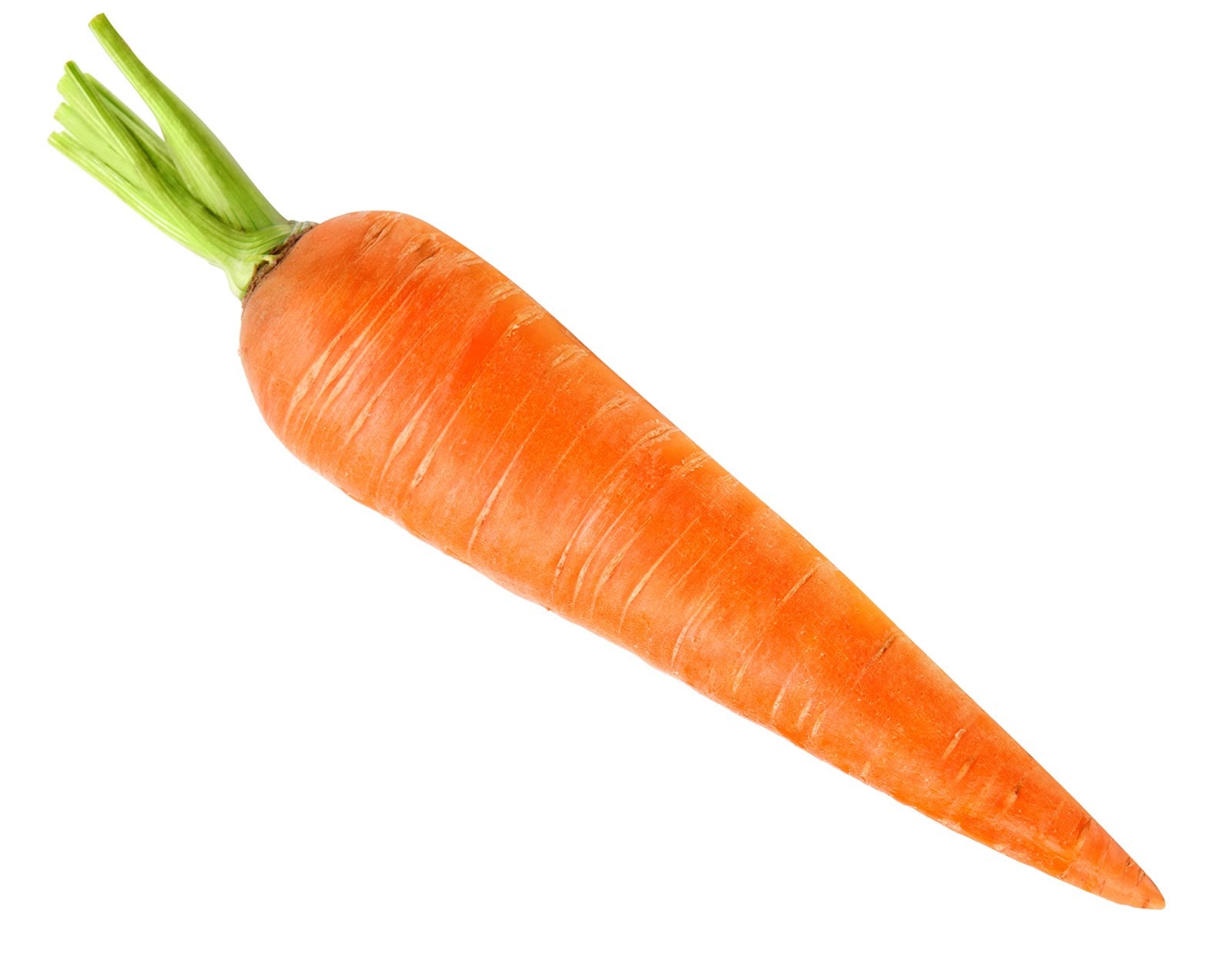SOUR
CREAM SCONES
 |
| Sour Cream Scones By ShirleyAnn Pearman |
 |
| Sour Cream Scones By ShirleyAnn Pearman |
 |
| Sour Cream Scones By ShirleyAnn Pearman |
Sour Cream Scones
Ingredients
1
cups flour
1
teaspoons baking powder
1
tablespoon sugar
¼ teaspoon salt
2
tablespoons butter
1
eggs, well beaten
¼ cup sour cream
Method
- Preheat the oven to 425°.
- Lightly butter a cookie sheet.
- Mix the flour, baking powder,
sugar, and salt in a large bowl.
- Work the butter in with your
fingers or a pastry blender until the mixture resembles coarse meal.
- Add the eggs and sour cream and
stir until blended.
- Turn out onto a lightly floured
board and knead for about a minute.
- Pat or roll the dough about ¾
inch thick and cut into wedges.
Place on the cookie sheet and bake for about 15 minutes.
Photography by Shirley-Ann Pearman
For all photos on Sour Cream Scones, please click
on the photos to this post here at Facebook.
Scone
 | |
| Type | Cake or quick bread |
|---|---|
| Place of origin | Ireland, England, Scotland |
| Main ingredients | Wheat, barley, or oatmeal |
A scone is a baked good, usually made of wheat, or oatmeal with baking powder as a leavening agent and baked on sheet pans. A scone is often lightly sweetened and occasionally glazed with egg wash.[1] The scone is a basic component of the cream tea or Devonshire tea. It differs from teacakes and other types of sweets that are made with yeast.
History
The original scone was round and flat, usually as large as a medium-sized plate. It was made and baked on a griddle (or girdle, in Scots), then cut into triangular sections for serving. Today, many would call the large round cake a bannock, and call the triangles scones. In Scotland, the words are often used interchangeably.[12]
When baking powder became available to the masses, scones began to be the oven-baked, well-leavened items we know today.[13] Modern scones are widely available in British bakeries, grocery stores, and supermarkets. A 2005 market report estimated the UK scone market to be worth £64m, showing a 9% increase over the previous five years. The increase is partly due to an increasing consumer preference for impulse and convenience foods.[14]
Scones sold commercially are usually round, although some brands are hexagonal as this shape may be tessellated for space efficiency. When prepared at home, they may take various shapes including triangles, rounds and squares.[15] Baking scones at home is often closely tied to heritage baking. They tend to be made using family recipes rather than recipe books, since it is often a family member who holds the "best" and most-treasured recipe.[16]
* * * * * * *
Here is my Paypal Me Link if you would like to contribute any amount to help me. http://paypal.me/shirleyannpearman Thank You.
Recipe Marketing Website
http://recipes -recipemarketing.com
http://recipemarketing.blogspot.com
Administrator
ShirleyAnn Pearman
Profile
https://www.facebook.com/shirleyann.pearman
Page
https://www.facebook.com/RecipeMarketing/
Groups
https://www.facebook.com/groups/500210930103127/
https://www.facebook.com/groups/230073954141093/
Join me at SFI Marketing Group
SFI Affiliate Center
TripleClicks
 EasyHits4U.com - Your Free Traffic Exchange - 1:1 Exchange Ratio, Business social network. FREE Advertising!
EasyHits4U.com - Your Free Traffic Exchange - 1:1 Exchange Ratio, Business social network. FREE Advertising!


















